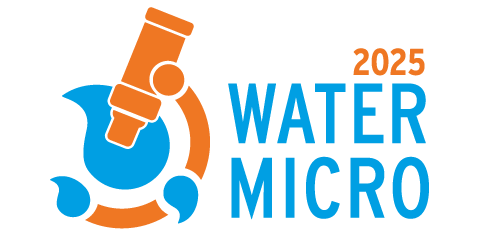By attending Watermicro2025, all attendees, speakers, sponsors and volunteers at our conference agree to abide by the following code of conduct to help ensure that this conference is enjoyable and productive for all participants.
This code of conduct pertains to all interactions happening in the scope of this conference (i.e. including social and non-social events). The conference organizers aim to provide a harassment-free1 experience for everyone, and call upon you to help us create a welcoming experience for everyone.
To help create a welcoming environment we ask you to please
- Listen actively by asking questions before making a statement.
- Give time and space to individuals to respond. – Use accessible language to talk about your area of expertise. If others in the group seem confused, slow down, stop and ask for input.
- Recognize that hugs, cheek kisses, and handshakes are normal greetings in some, but not in all cultures, and may not be comfortable for all individuals.
- Be respectful and thoughtful in your critique of ideas. – Ask permission to take pictures of others and to post those on social media.
- Use the pronouns people have specified for themselves. Thank you for your attention and collaboration.
Conference organizers will be present during the conference to help ensure that the conference is a welcoming environment for everyone. Conference organisers remain in the right to take any action they deem appropriate, such as expulsion from the conference with no refund, to ensure the conference remains welcoming, productive and enjoyable for all participants. This Code of Conduct supplements, and does not affect, the application of other relevant regulations, rules and laws in the Netherlands.
If you have any concern during the conference, please approach one of the conference
organisers, they will be wearing blue lanyards during the conference.
This code of conduct was inspired by Groningen and Wageningen University’s existing codes of conduct.
1 Harassment includes, but is not limited to
- Verbal comments that disregard, and therefore may reinforce, social structures of domination or discrimination.
- Sexual images in public spaces.
- Deliberate intimidation, stalking or following.
- Photography or recording without the consent of the subject.
- Sustained disruption of talks or other events.
- Inappropriate physical contact.
- Unwelcomed sexual attention.
- Advocating for, or encouraging, any of the above behaviours.
